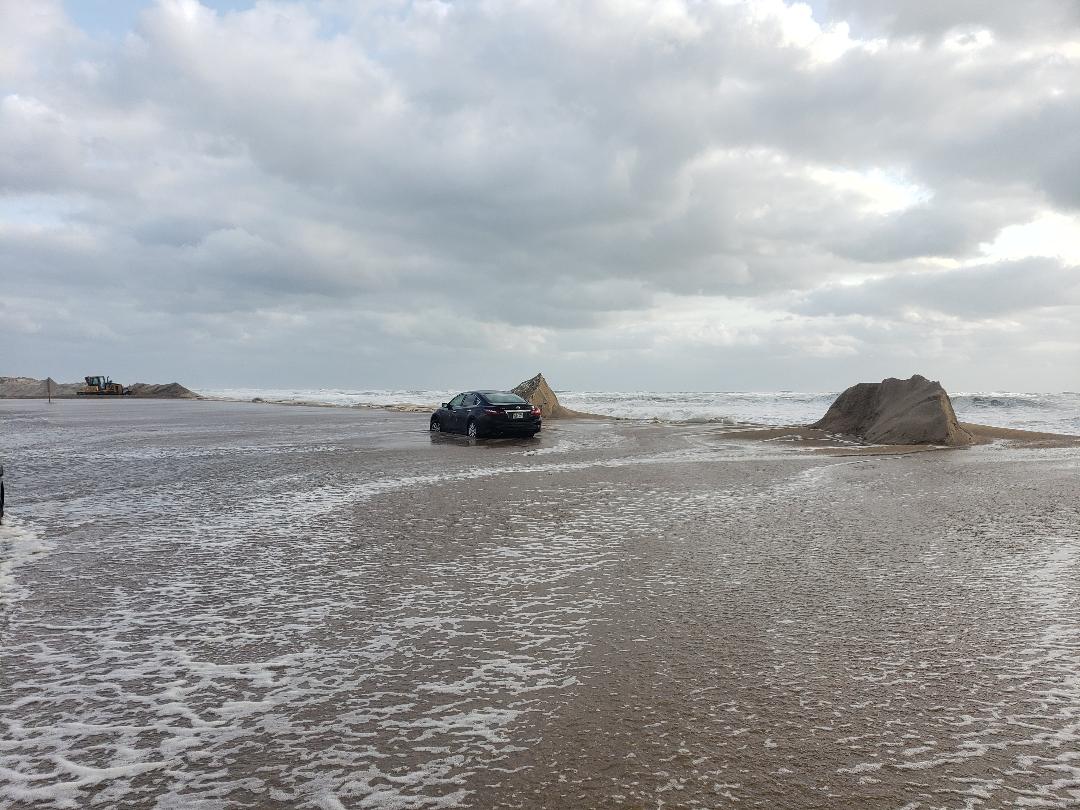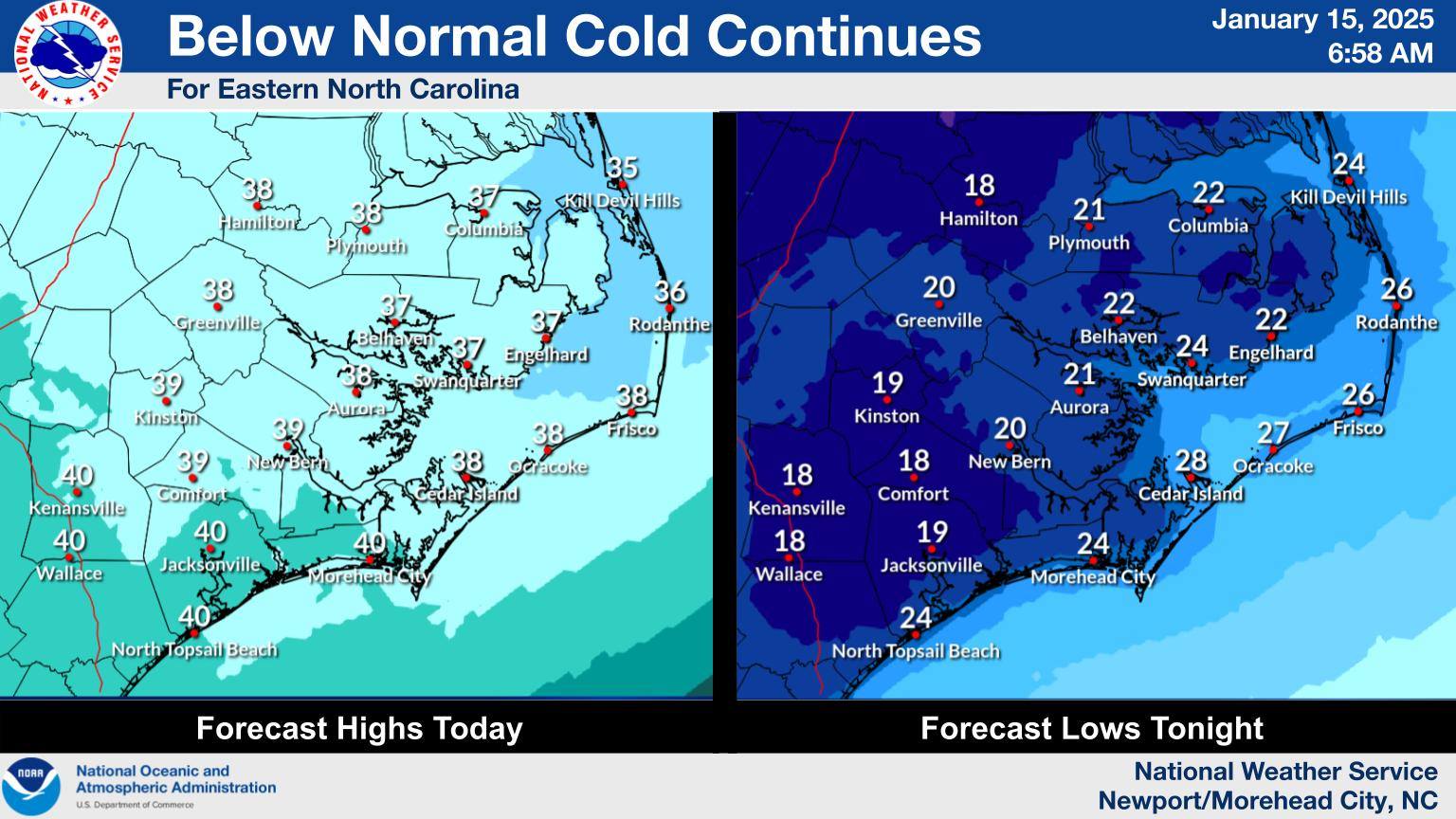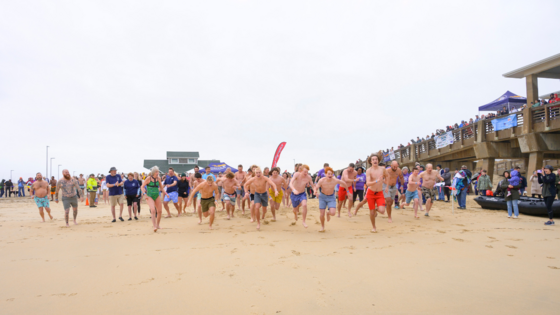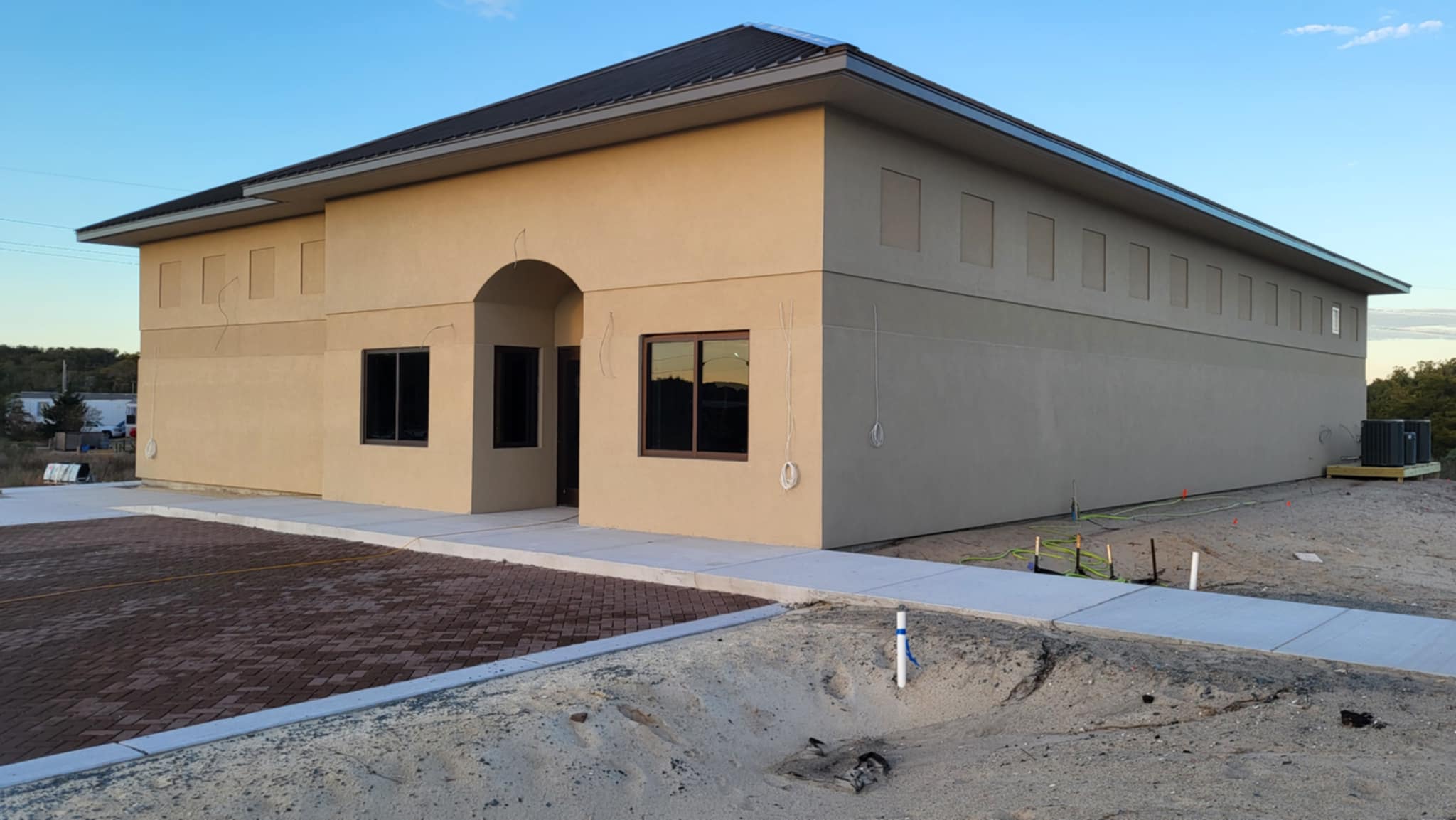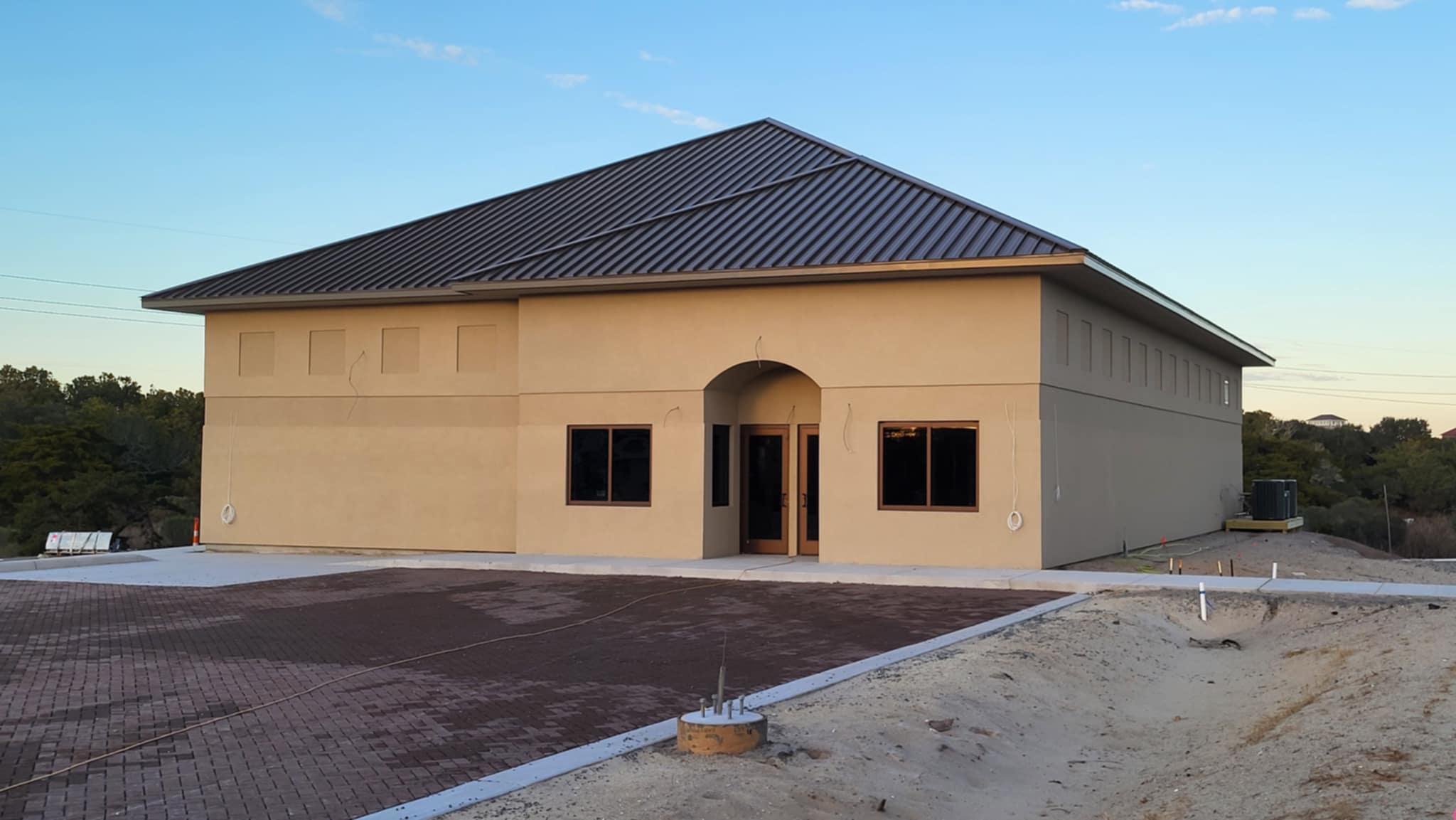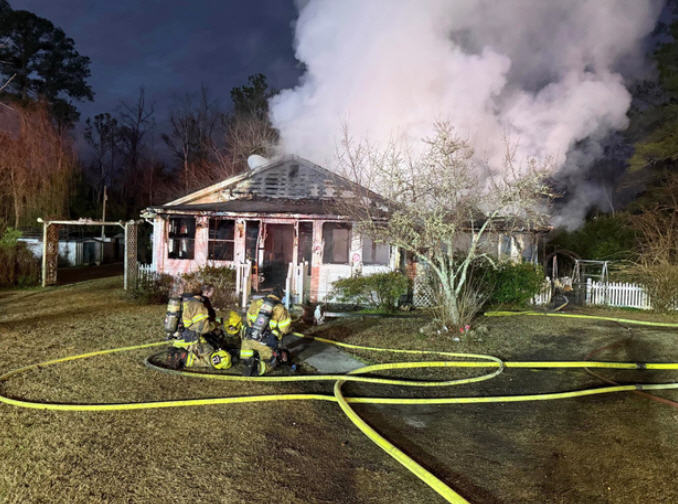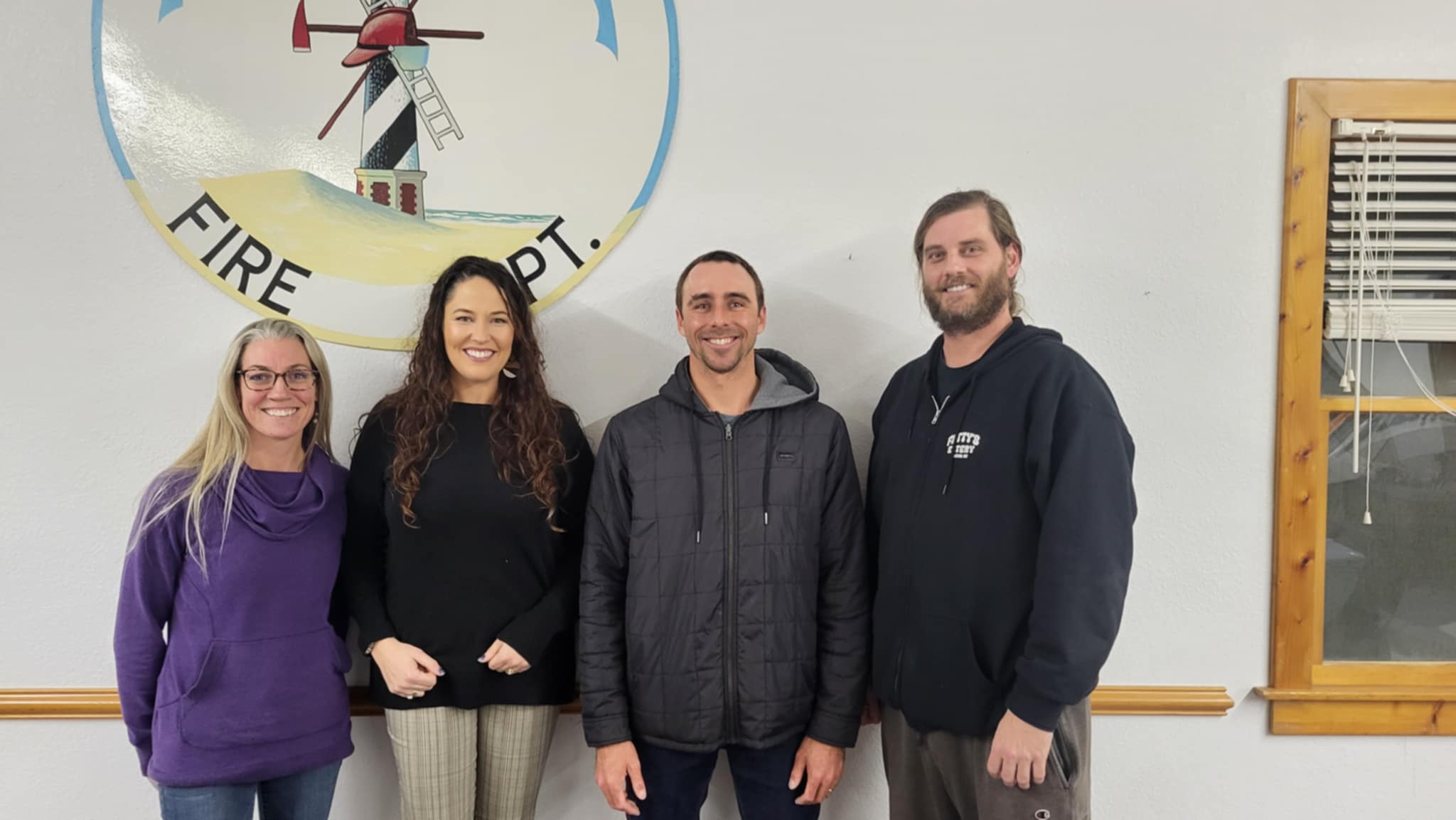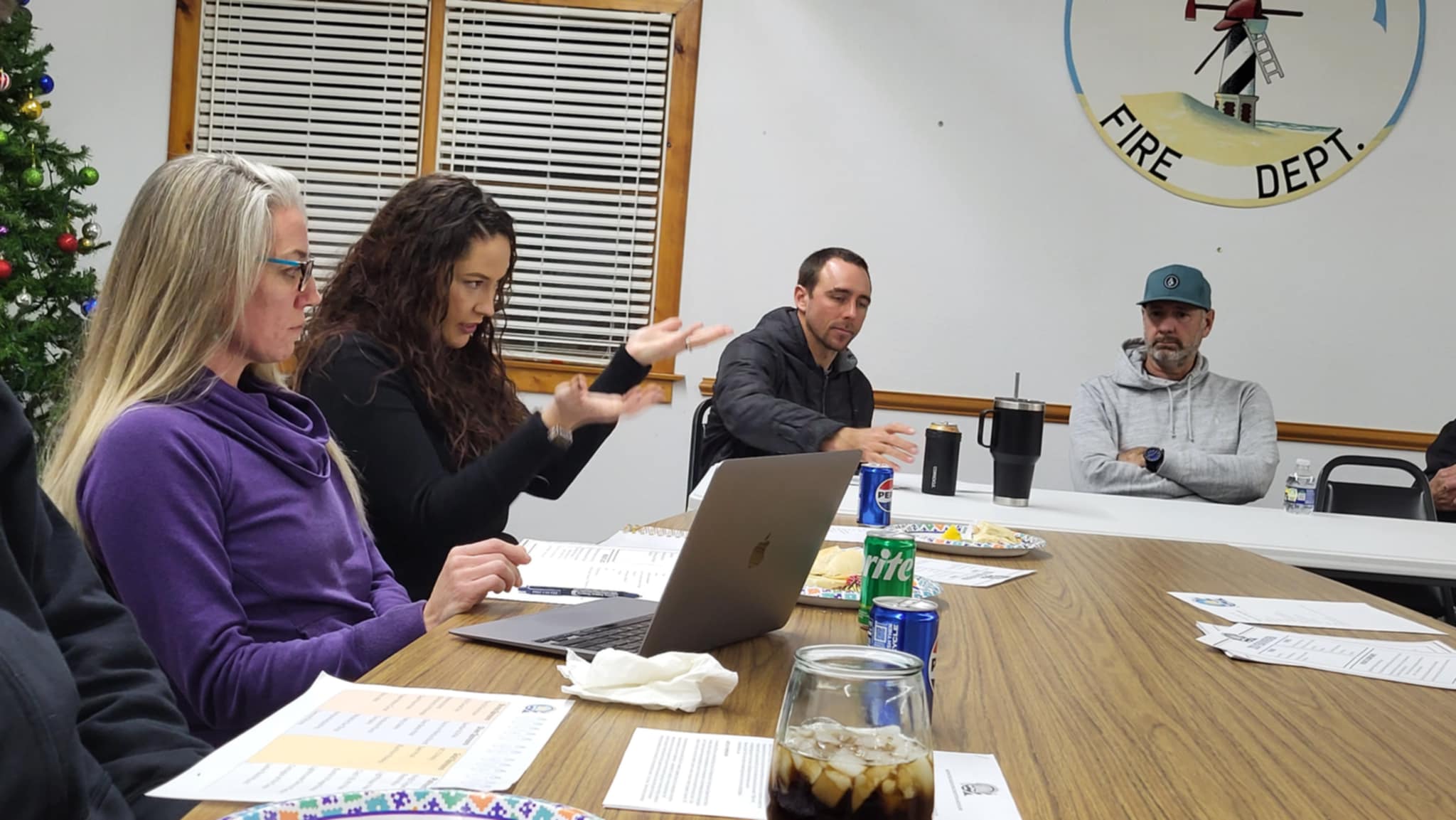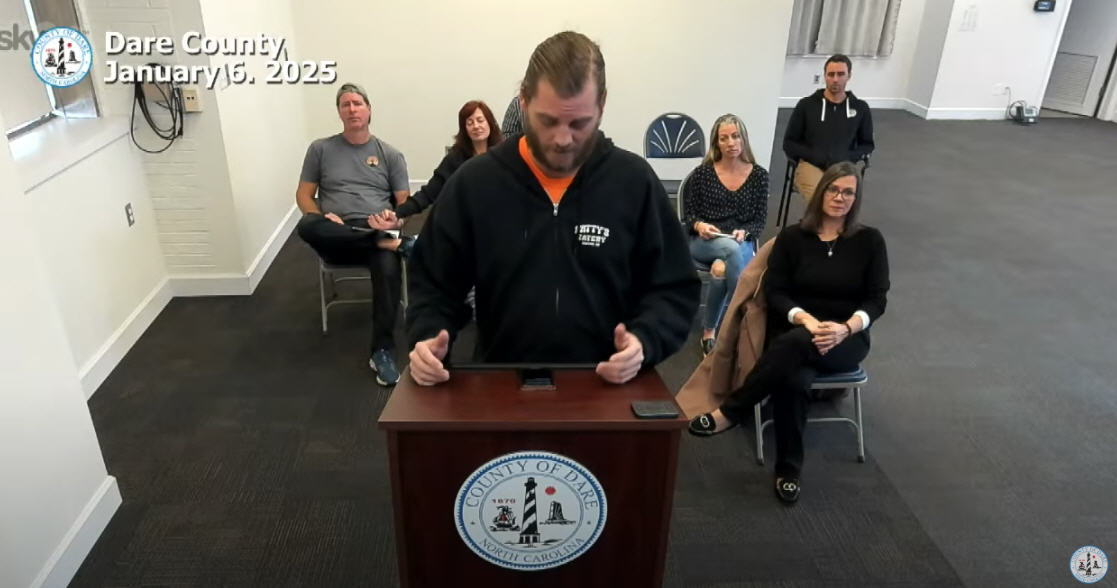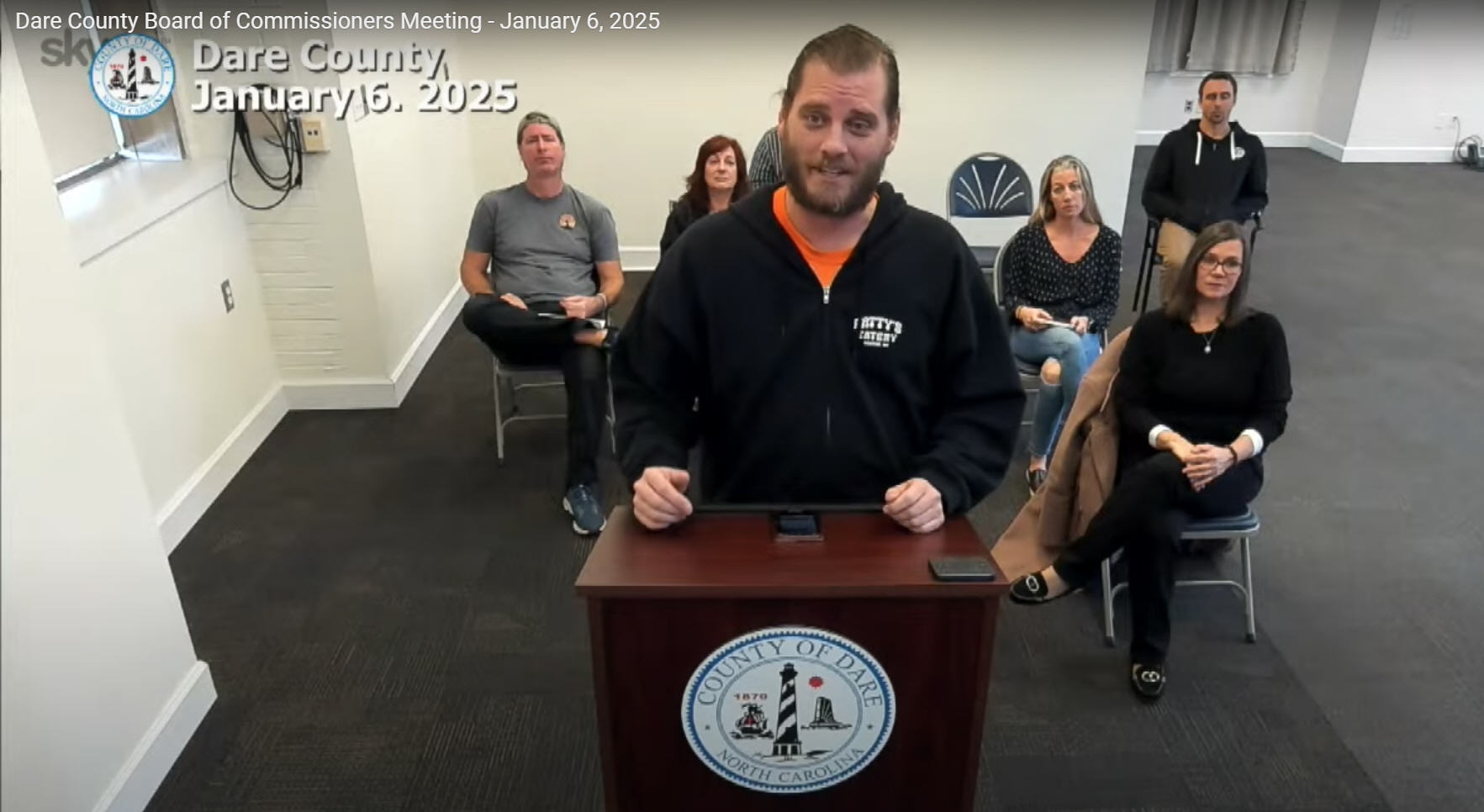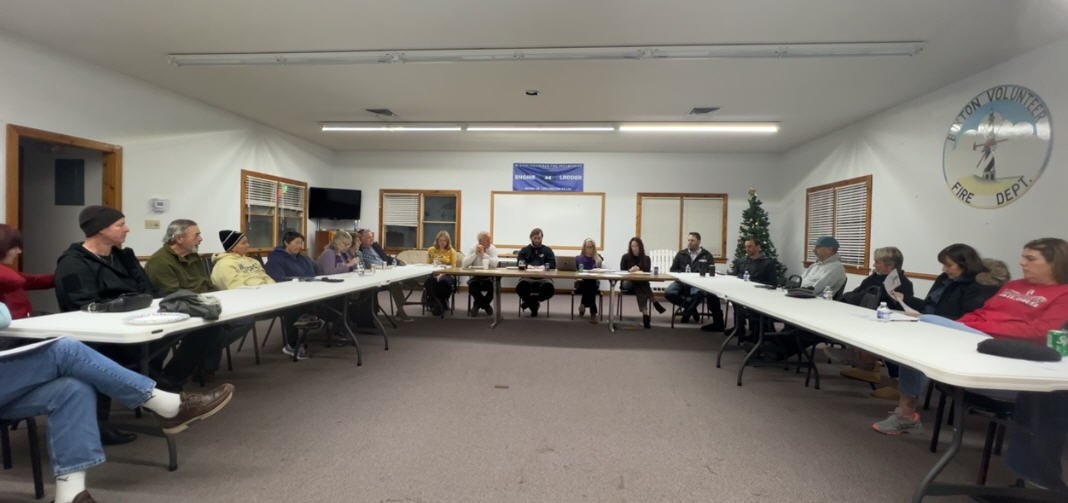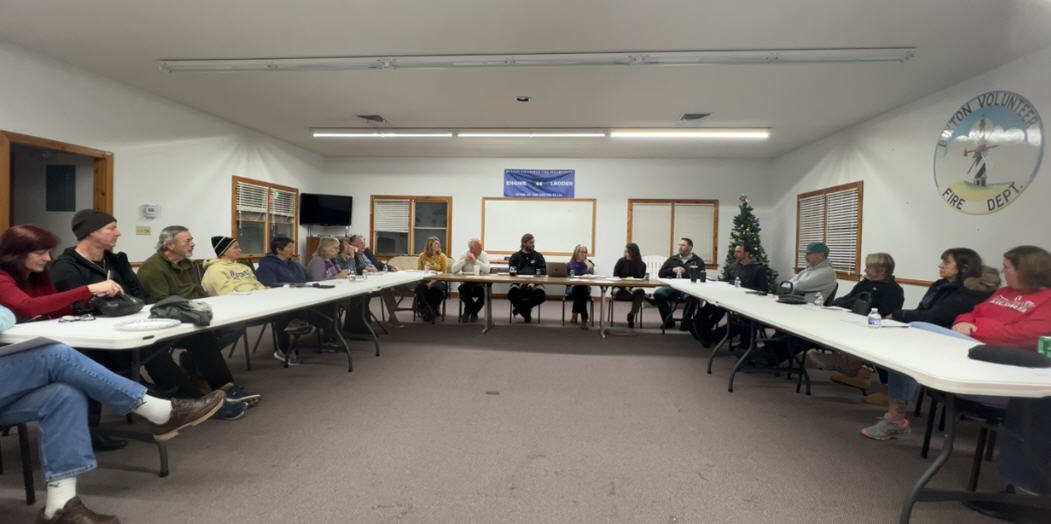NPS gets extension for final ORV rule at Boyle status conference
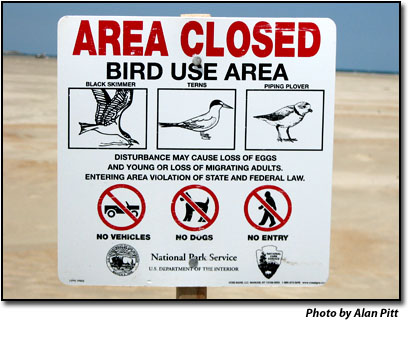
NPS gets extension for final ORV rule at Boyle status conference
By JAMES LEA
By JAMES LEA
By JAMES LEA
A relaxed, convivial atmosphere filled the federal courtroom in Raleigh yesterday afternoon as Federal District Court Judge Terrence Boyle led the fourth review of the consent decree that has controlled public access to the beaches of the Cape Hatteras National Seashore since 2008.
The consent decree settled a lawsuit filed against the Park Service by Defenders of Wildlife and the National Audubon Society over the seashore lack of an off-road vehicle regulation. The two environmental groups were represented by the Southern Environmental Law Center.
In a short period of time, the court approved an extension of the deadline for completion of the National Park Service’s new ORV management plan to Nov. 15, and acknowledged the Park Service’s planned response to the threatened U.S. government shutdown — close all the beaches.
Other than Judge Boyle, the court reporter, the bailiff, and other functionaries, there were few participants and citizen onlookers. Rudy Renfert, the Department of Justice attorney representing the Park Service, was joined at the defendant’s table by seashore Superintendent Mike Murray and chief seashore law enforcement ranger Paul Stevens.
As at previous status conferences, no NPS biologists or species monitoring specialists were present. Across the aisle at the plaintiff’s table were SELC attorneys Julie Youngman and Geoff Gisler. SELC’s Raleigh office director, Derb Carter, was conspicuous by his absence.
Dare County Manager and Attorney Bobby Outten and Ron Prentiss of the Elizabeth City law firm of Hornthal, Riley, Ellis & Maland were there for the intervenors – Cape Hatteras Access Preservation Alliance and Dare and Hyde counties — but were offered no real voice in the proceeding.
Boyle called for an opening statement from Rudy Renfert for the NPS.
Renfert stood to announce that the conference was being held to review progress on approving and putting in force the new NPS plan to provide resource protection on the seashore beaches. The court was aware, he said, that a motion had been filed on March 25 to extend the consent decree’s deadline for completing the rule making.
The original deadline passed and the interim management plan expired on April 1. Despite Renfert’s assurance during the Dec. 2 status conference that the new plan would be published in the Federal Register, an important rule-making waypoint, by or soon after Jan. 1, the documents are still under review by the Solicitor General.
Boyle asked if the plan will be published this year. There was a brief discussion of whether “this year” meant this calendar year or this breeding season for shorebirds, waterbirds and turtles. Without resolving that question, the judge and the defendant’s attorney agreed that the deadline for getting the new management plan in force will be extended to Nov.15. Until then, management of seashore beach access will continue under the consent decree.
Renfert informed the court that the NPS has a contingency plan in place to deal with the threatened shutdown of the federal government. All seashore staff except law enforcement officers will be off duty, and the beaches will be closed with barriers at the ramps.
Judge Boyle then asked for a report on the seashore’s 2010 experience under the consent decree.
Julie Youngman of the SELC deferred to Superintendent Murray, who stood to summarize his annual report for 2010, which had been issued in January. The season had set several records for breeding success by the species covered by the consent decree, Murray said. Twelve pairs of piping plovers produced 15 chicks that fledged. Thirty chicks fledged from 23 pairs of oystercatchers. Sea turtles nested in record numbers — 153 nests compared with 104 nests in 2009.
The three years of the consent decree, Murray stated, were the best for turtle breeding success in many years. But, he added quickly, all those successes resulted from a combination of factors, and no single factor can be pinpointed as the linchpin. Weather, for example, was favorable in 2010, with no head-on hits from hurricanes and little damage to breeding sites from northeasters.
The judge then asked for a beach closures report. Murray replied that access to Bodie Island beaches was closed for a total of 106 days in 2010, with specific stretches of the beach closed at varying times for varying durations. Cape Point was closed to pedestrians for 55 days and to vehicles for 69 days, and Ocracoke’s South Point was closed for 129 days.
The judge asked about vehicle access on major holidays. Stevens replied that approximately 1,000 vehicles were on the beach during the Memorial Day holiday. That’s about two-thirds or half the number of ORVs that were out there before the closure, the judge speculated. Actually, said Stevens, the Memorial Day record is 1,200 vehicles.
Then Murray provided what he called law enforcement numbers. A total of 1,060 citations for various infractions were issued in 2010, compared with 1,095 in 2009. DUI tickets totaled 53, 26 of them issued on the beach. Twenty-five Virginians were cited, along with 17 North Carolinians and 11 persons from various other states. Among other actions, rangers cited five persons for deliberate violations of enclosures, compared with 10 citations in 2009.
Boyle seemed surprised to learn that 9,800 night beach driving permits were issued in 2010 and astounded that no fees were collected for the permits.
It’s hard to find any negative impacts of the consent decree, the judge observed and Murray agreed. The subject changed without mention of economic or cultural impacts.
Judge Boyle asked the Dare County representatives if they objected to extending the deadline for completion of the Park Service’s management plan to Nov. 15, and they said they did not.
The consent decree status conference lasted little more than half an hour. The SELC attorneys, Julie Youngman and Geoff Gisler, spoke hardly at all, except to agree that Superintendent Mike Murray should present the 2010 status report and to formally accept the deadline extension. The attorney for the NPS, Rudy Renfert, presented the positions of both the NPS and the SELC. Several items of crucial interest – including the impact of NPS budget cuts on the infrastructure improvements and personnel additions called for in the proposed new beach access management plan – never came to the table.
Judge Boyle appeared content with the proceeding and its outcomes and adjourned without mentioning a future status conference
(Jim Lea lives in Chapel Hill and also owns a home in Buxton. He is a professor of family medicine at the University of North Carolina at Chapel Hill.)
Subject
Name
(required, will not be published)
(required, will not be published)
City :
State :
Your Comments:
May be posted on the Letters to the Editor page at the discretion of the editor.
May be posted on the Letters to the Editor page at the discretion of the editor.
May be posted on the Letters to the Editor page at the discretion of the editor.
May be posted on the Letters to the Editor page at the discretion of the editor.




